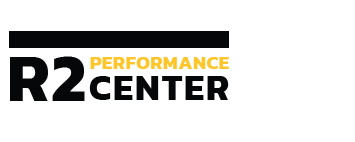

7 Proven Hacks to Boost Your Memory & Smartup Your Study Time
Do you ever notice some things are easier to remember than others? When we learn new information, the bigger, more relevant details are going to be easier to remember. But what happens to the rest of the details which may be as, or if not, even more important?
If you want to make sure that what you learn finds a cozy little corner in your long-term memory, you might want to jot down these tips:
1. Engage in your learning
Reading is not the same as studying. In fact, reading is one of the most passive methods of learning and has a much lower retention rate than active methods that require more effort and interaction with the material, like discussion groups or hands-on practice. Using a variety of methods in your studies will help you connect the information in new ways and enhance the memory process.
2. Embrace mnemonics
Please Excuse My Dear Aunt Sally? PEMDAS is a mnemonic that helps us remember the order of operations in math (parenthesis, exponents, multiplication, division, addition, and subtraction). Does “Be My Little General” ring a bell? Hint: 😉 it’s used to remember the general ranks. Using such a pattern of letters, ideas, or associations is a mnemonic and can help aid memory.
3. Use flashcards
Not only are you reading, writing, and seeing the information when you use flashcards, but you can also use them to quiz yourself. Write test questions on one side and complete answers on the other. Consider taking your time creating flashcards and using different colors for different topics. Provide yourself with additional rehearsal reps by quizzing yourself by category and at random.
4. Record yourself
Use technology! Record yourself reading notes to listen to when you are doing errands, commuting or out for a run. Consider stating review questions, providing silence in your recording so future you can answer when you listen to the recording. Be sure to include the correct answers for immediate feedback.
5. Teach others
Have you heard the saying when one teaches two learn? Teaching others forces you to be on your A game! You can explain a single concept or prepare a mini lesson for others. When your friendly students challenge you with questions, they’re doing you a favor by increasing mental connections and enhancing your depth of knowledge.
6. Test yourself
Simply reading and reviewing information can provide a sense of knowing the material when we really don't! We can overcome this false sense of confidence by forcing ourselves to recall information through self-testing. In addition to flashcards or voice recordings, you can create and take mock tests or have others quiz you.
7. Get some zzz’s
Wait; what? Yes, sleep! Sleep is essential. For the average person, 7-9 hours of sleep will help recharge the brain and organize knowledge. Incorporate this into your plan.
Additional Resources
Watch VideoDownload Infographic
MORE SKILLS
